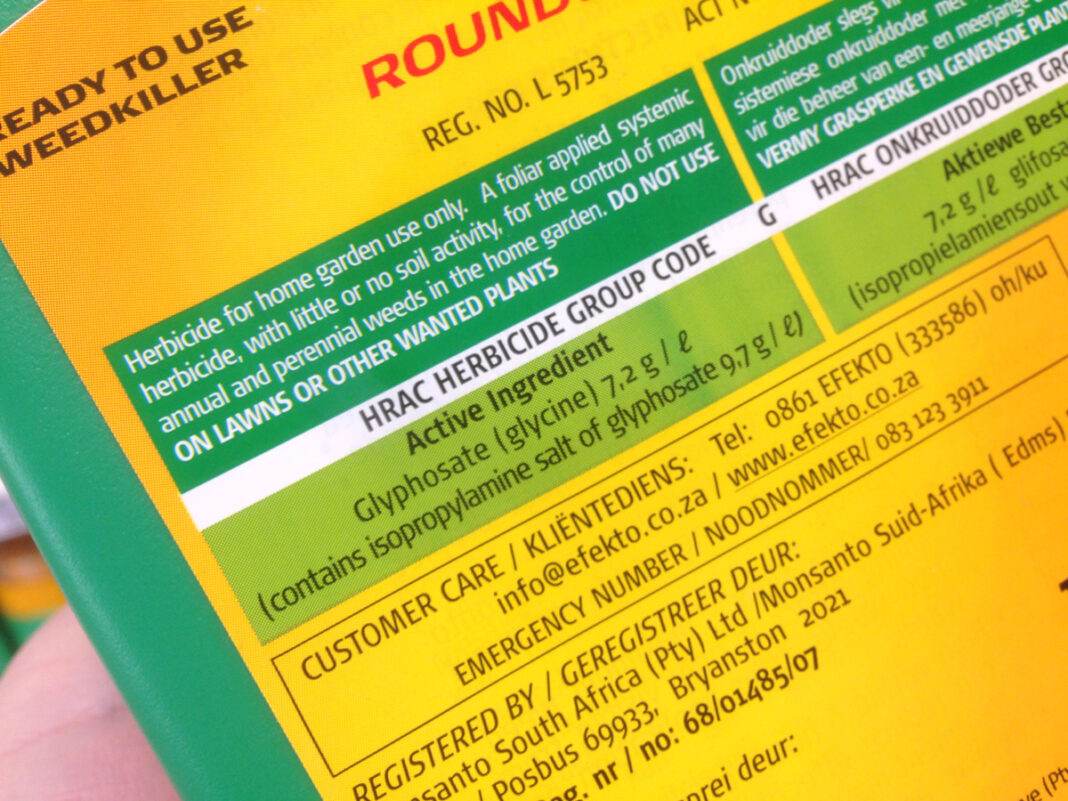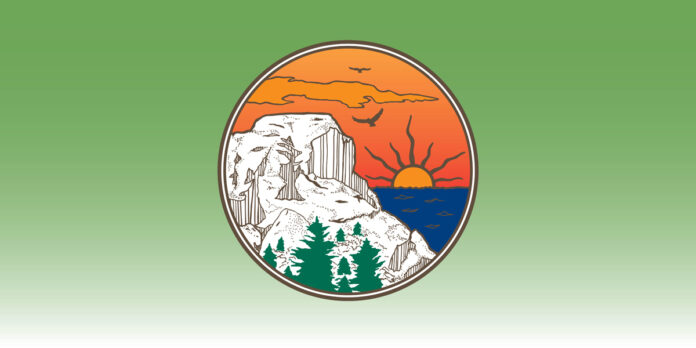OTTAWA—The Ontario Superior Court is set to adjudicate on a legal challenge initiated by the Ontario Centre for Health Science and Law (OHSL), seeking a minimum of $1.2 billion from Bayer as compensation for individuals asserting harm from the herbicide glyphosate.
Bill Jeffery, OHSL executive director and general legal counsel, welcomed the court’s decision, stating that it is a positive development for Canadians claiming harm from the glyphosate-containing pesticide Round-Up, identified by the World Health Organization as a probable carcinogen.
Although the claim has yet to be substantiated in court, Mr. Jeffery highlighted that the presiding judge acknowledged a foundation for OHSL’s liability claim against the manufacturer. OHSL presented 17,000 pages of legal and factual materials, anticipating significant legal hurdles in the case.
Bayer expressed satisfaction with the Court’s rejection of certification for certain proposed common issues, including those related to aggregate damages. The company clarified that the decision to certify OHSL’s request for a court hearing is purely procedural, without making any determination on the merits of the claim or the allegations against the defendants. Bayer strongly asserted its confidence in the safety of glyphosate-based products, vowing to vigorously defend them.
The company emphasized its enduring confidence in the safety of glyphosate products, in use for nearly five decades globally, with regulatory agencies consistently affirming their safety when used according to label directions. Despite a previous legal setback in the US, where Bayer settled most of the 154,000 claims against it, the company faces 31 claims before Canadian courts. Bayer acquired the controversial company Monsanto in a merger in 2018.
Health Canada has endorsed glyphosate’s use until April 27, 2032. Mr. Jeffery noted that Canada and the US Environmental Protection Agency collaborated on the re-evaluation of glyphosate. He criticized Health Canada, labeling it an imperfect regulator, pointing out its certification of class actions involving medical products still on the market and not recalled. Mr. Jeffery raised concerns about Health Canada’s reliance on industry studies over peer-reviewed research and its reluctance to address damning US litigation outcomes and WHO guidance.
Despite criticism, Health Canada’s Pest Management Regulatory Agency reaffirmed its 2017 decision to re-approve glyphosate for sale in Canada until at least 2033, without cancer or risk mitigation warnings. OHSL accused Health Canada and other national pesticide regulators of consistently favouring industry-sponsored safety studies over peer-reviewed scientific research and ignoring US litigation outcomes.
A grassroots group called the TEK Elders (Traditional Ecological Knowledge) has been battling the spraying of glyphosate in the Robinson-Huron Treaty area since 2014 because they felt the chiefs of the territory who had been calling for a ban on aerial spraying since the ‘90s weren’t being listened to. The group is composed of elders from 21 bands in the area ranging from North Bay to Sault Ste. Marie. While the province has banned citizens from using glyphosate on their lawns and properties, the Ministry of Natural Resources and Forestry and Ministry of Transportation use the product.
However, glyphosate can kill more than just plants. Animals and people who consume plants that have been contaminated are at higher risk for certain types of cancers. There is also the concern of runoff into the watersheds.






